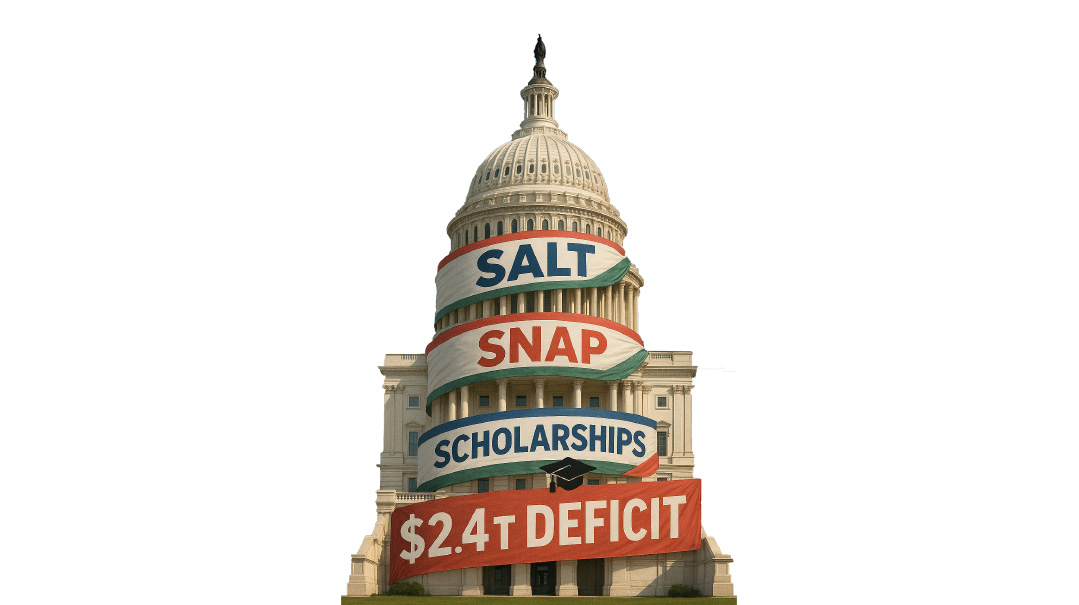Not Religious, Just Spiritual

It’s precisely in the godless British Isles that spirituality — if not religion — is making a comeback, specifically among millennials

IT
was in my dorm room in Gateshead Yeshivah that I first realized what a religious place England had once been. Within easy reach of Europe’s biggest Torah center, something like ten spires were visible.
Given that history, and the fact that the country’s head of state also leads the established church, it’s remarkable how secular modern Britain is. Less than one percent of Britons attend church. The last time a politician invoked “the Deity” without blushing, the queen was probably fresh on her throne.
Contrast that with America, a land of evangelicals, megachurches, and pastors-turned-politicos.
Yet it’s precisely in the godless British Isles that spirituality — if not religion — is making a comeback, specifically among millennials.
According to London’s Telegraph, one-third of 18- to 34-year-olds have prayed in the last month, compared to 25 percent of people aged 55 and over.
The younger generation was also more likely to have prayed in general, with 56 percent saying they had ever prayed compared to 41 percent of the over-55s.
What to make of the surprising numbers?
Allowing for the ongoing collapse in the country’s established religious institutions — 423 Church of England congregations closed between 2010 and 2019 — plus the religiosity of Britain’s minority populations, the data mean one thing.
Secularism hasn’t killed off spirituality; it’s simply unmoored it from religious commitment and practice.
The data from England isn’t the first hint that millennials know where to turn when the going gets tough.
During the first awful months of Covid, when the world as we knew it had come to an end, Google searches for “prayer” jumped massively, according to a University of Copenhagen study.
Using data from 75 countries, Dr. Jeanet Bentzen found that the searches surpassed even those recorded in normal times of Christian and Muslim religious interest such as Easter and Ramadan.
“I find that search intensity for prayer doubles for every 80,000 new registered cases of Covid-19,” she wrote. “It occurs on all continents and for Christians and Muslims. Even Denmark, one of the least religious countries in the world, sees systematic increases in Internet searches on prayer.”
Given the turbulence of the last decade — financial crisis, pandemic, major conflict in Europe — the resurgence of prayer should come as no surprise, even in a secular society.
Much as the skeptical Western mind struggles to comprehend it, prayer, spirituality, and connection to G-d are innate to homo sapiens; ask the proverbial atheist cowering in a nearby foxhole.
Even the fact that humans groan when in pain, Rav Shimshon Pincus suggests, is a wordless cry, a form of instinctive prayer.
So why does the rise of nonreligious spirituality matter?
Because, with healthy heapings of l’havdil, the dilemma facing pastors isn’t so different from that facing mekarvim today. Where once outreach seminars sought to establish proof of Hashem’s existence and the Jewish People’s Divine mission, that’s no longer enough to cause radical change in many people’s lives.
Instead, many of those who attend kiruv programs will add more meaning and spirituality to their lives, but they stop short of commitment.
Increased openness to spirituality — even prayer — is a wonderful thing, but what happens when it becomes an à la carte menu of amorphous inspiration?
But there’s a flip side, where data on Google searches or British millennials’ propensity to pray is irrelevant.
Because when you get a Jewish neshamah in the room, even for mindfulness, social justice, or the latest trend, you have a chance to take that soul on a journey.
Jewish Geography
A visit to Munich a few months ago taught me a new, grim meaning to the term “Jewish geography.” Arriving in the city for a Conference of European Rabbis meeting, we were driven past a sign pointing to the Olympic Stadium, scene of the infamous 1972 massacre of Israeli athletes by Palestinian terrorists. I never made it to the memorial site; my attempts to interview family members also didn’t pan out.
Inquiries about local gedolim in a country with an ancient Jewish presence raised just one recent figure: Rav Chanoch HaKohein Ehrentreu, the Kometz Haminchah, who passed away in 1927.
And yet if the city was never a Torah center, it’s certainly on the Jewish map. The very name “Munich” evokes the sinister thought of Hitler’s rise, and then the memory of those slain Jewish athletes three decades after Nazism’s collapse.
All I’m left with after months of planning to write about the events is one thought: As Jews, we have our own map of the world, where some places stand out for Torah greatness, and some sites are redolent with pain.
It’s Jewish Geography — an atlas that others can’t possibly fathom.
“Unity”
The Merriam-Webster dictionary needs updating, specifically under the above entry. Now that the president of the United States himself has redefined the term, who are the arbiters of the English language to argue?
In his inaugural address last year, Joe Biden pledged unity in a host of flowery ways.
Unless something has changed since, he still believes in that unity. Except that calling out millions of Trump-supporting Republicans as “proto-fascists,” as he did in a landmark speech last week, would seem a mite divisive.
A whiff of political — even Trumpian — demagoguery to avoid midterm disaster? Surely not! After all, Biden did pledge to be a “president for all Americans,” and when has he been known to bend the truth?
“You’re going to be having farmers, people that own small businesses, waitresses, on the hook to pay the student loan of somebody who got a Ph.D. in gender studies?”
The storm over the Biden administration’s decision to cancel hundreds of billions in student debt has died down, and the news circus has moved on, without giving my two cents about everyone else’s dollar debt.
But this quote from Florida governor Ron DeSantis is worth clipping for the way it captures the unconsciously classist approach of the current Democratic Party.
Are Democrats serious about clawing back blue-collar votes from the Republicans? On the evidence of this multibillion-dollar bonanza, they have no idea how to go about it — or they’ve plain given up.
(Originally featured in Mishpacha, Issue 927)
Oops! We could not locate your form.






